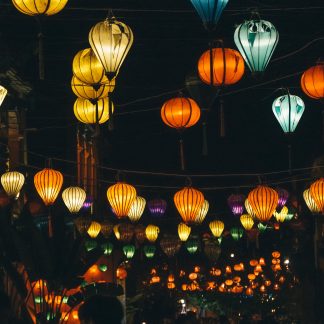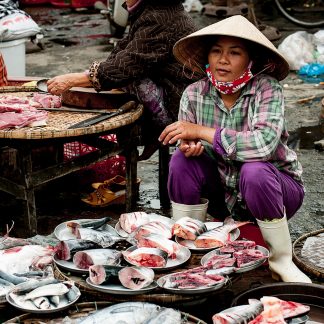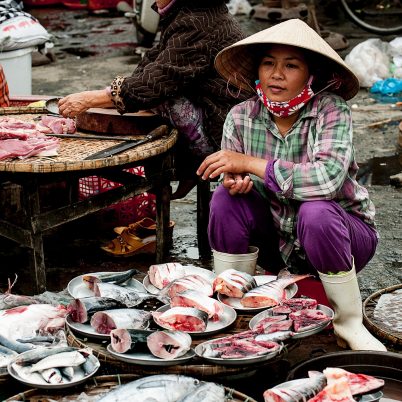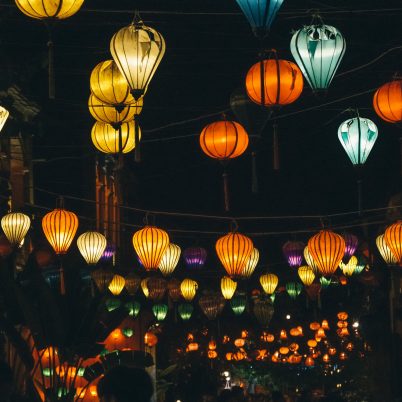Vietnam Travel Tips and Etiquette
Preparedness is always something that helps with a great travel plan, but that also includes a knowledge of navigating cultural and societal norms that exist in your holiday destination.
Vietnam in particular has such norms, and being aware of the appropriate behaviour in a new country can go a long way. Our 10-point guide on Vietnam Travel Tips and Etiquette will help you work your way around Vietnamese sensibilities.
Look at a two week and a three week Vietnam Travel Itinerary here
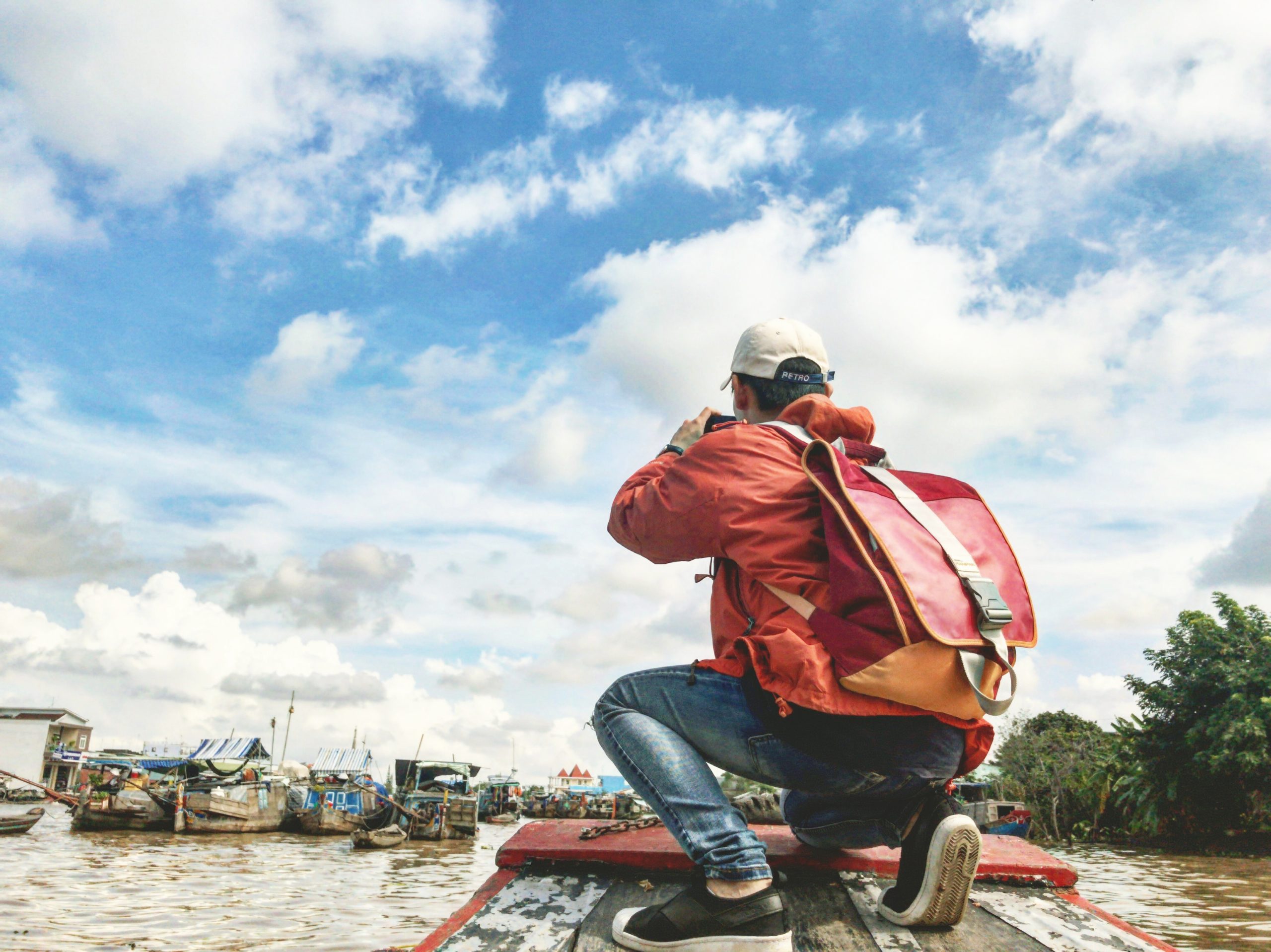 It is important to learn about the cultural and social norms in a country in order travel across the country with ease.
It is important to learn about the cultural and social norms in a country in order travel across the country with ease.
Vietnamese Etiquette
Language and lifestyle differences are immediately noticeable while travelling in Vietnam. However, body language, though subtle, is something that one must actually pay attention to. The simplest of gestures or actions we have gotten accustomed to can actually mean something totally different in another country.
1. Chopsticks
Wherever you go, you will be presented with a pair of chopsticks to eat the delicious food with. Though you can easily get alternative cutlery, we recommend working on your chopstick skills if you plan on utilizing them in Vietnam. When eating with them, don’t stick them upright, and place them horizontally across the bowl when your meal is done. Bring the bowl and chopsticks to your mouth, not the other way around.
You can always lift the bowl to your lips to drink the broth, and also slurp up the noodles. Be mindful of playing with chopsticks, or using them to fasten your hair. The Vietnamese take it as an offence to do this, or generally treat them in a disrespectful fashion. It is a small but important detail of Vietnamese etiquette you must keep in mind.
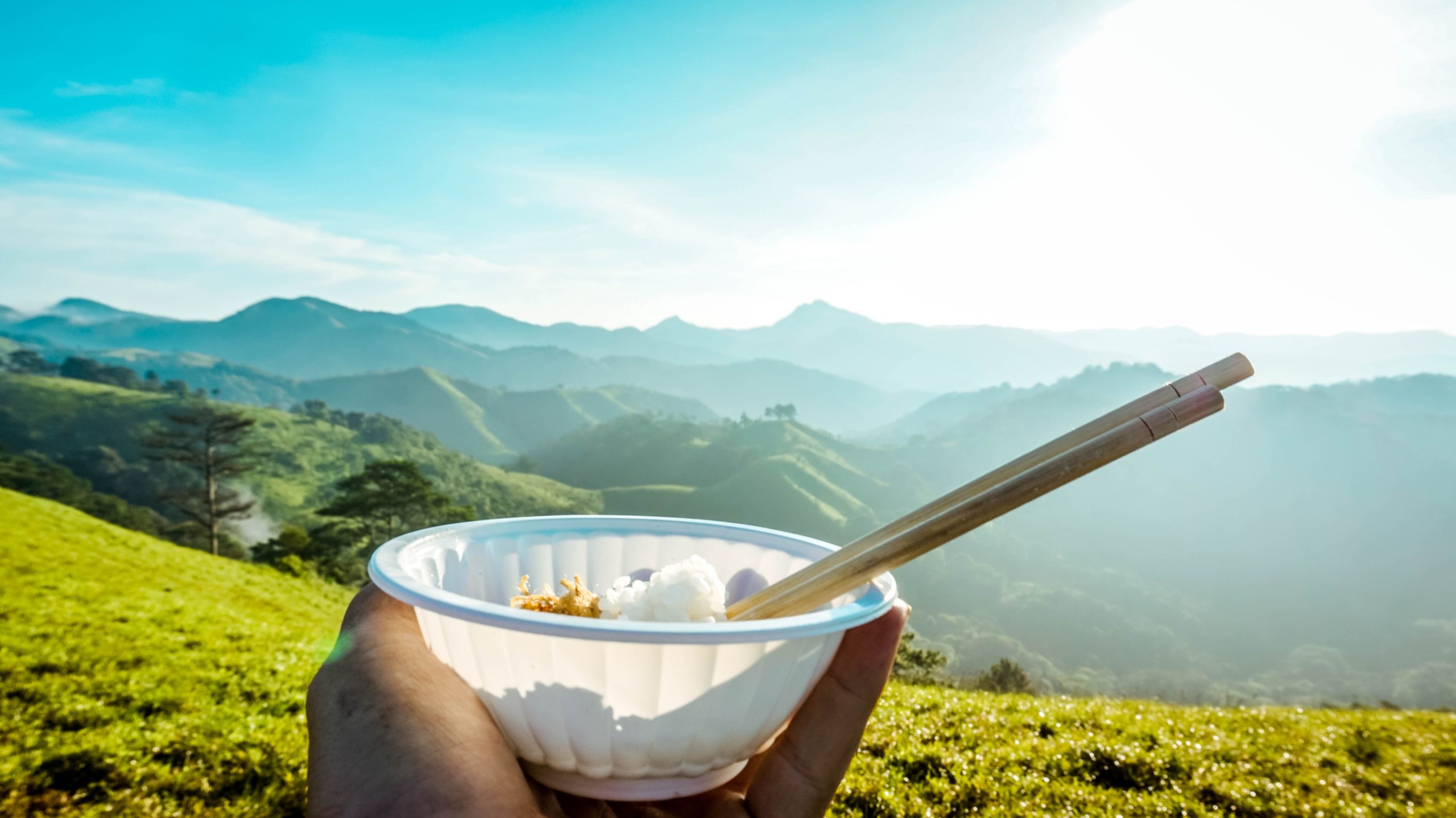 Chopsticks play an important role in the traditional Vietnamese culture and they serve all their delicious food with chopsticks.
Chopsticks play an important role in the traditional Vietnamese culture and they serve all their delicious food with chopsticks.
2. Modest clothing
This point technically comprises Vietnam travel tips and etiquette, both. The Vietnamese don’t have a hard-and-fast dress code, or a strict sense of morals. However the women usually dress such that their legs and shoulders are covered.
In order to not stick out as a touristy sore thumb, we recommend doing the same at least in the countryside, which is still conservative, and make sure you cover up when visiting pagodas, temples and churches. Take note- nudity at beaches and poolsides are a big no-no.
Vietnam is a very safe country for solo female travellers
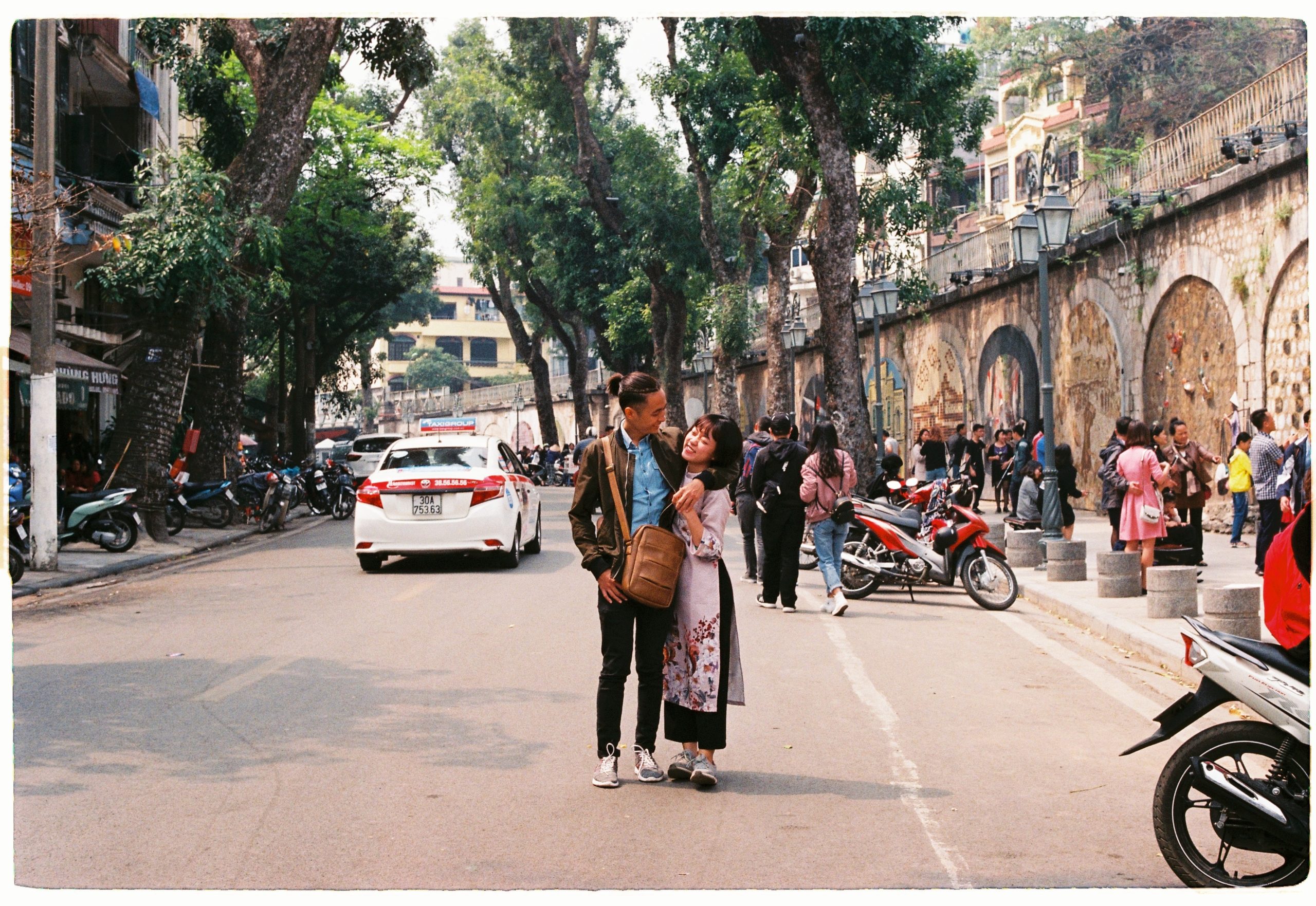 The Vietnamese do not follow a very strict dress code but make sure you cover up when visiting the religious places.
The Vietnamese do not follow a very strict dress code but make sure you cover up when visiting the religious places.
3. Awkward laughs and hand gestures
The Vietnamese have mastered the art of the nervous laughter as a reaction for when they misunderstand something or don’t know what to say. Often they may burst into laughter when there’s nothing funny to say or be said. Figuring out when to laugh back is something you will pick up overtime.
How you gesture is also fairly important as the Vietnamese are particular about certain connotations that some gestures have. Avoiding pointing with your index finger, don’t keep your hand palm up when calling someone or flagging a taxi, instead, do it palm down. And finally, avoid crossing your fingers for good luck, as it is considered to be a vile, lewd gesture.
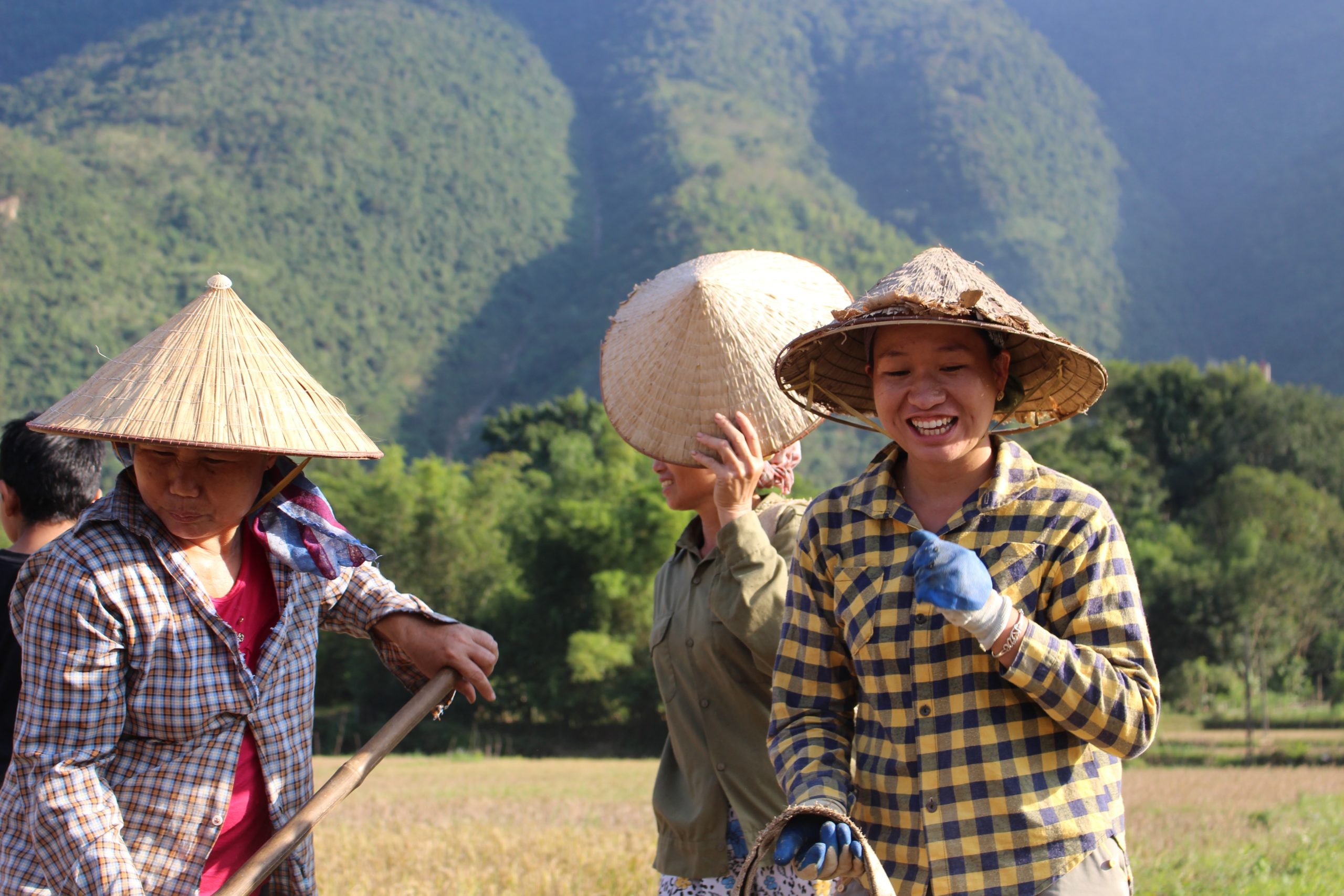 Make sure you learn about the hand gestures as the Vietnamese are particular about the connotations related to them and you do not want to offend them in any way.
Make sure you learn about the hand gestures as the Vietnamese are particular about the connotations related to them and you do not want to offend them in any way.
4. Sentimentalities
The Vietnamese consider walking into people’s homes, pagodas and temples with shoes on to be a sign of disrespect. Be mindful of your footwear when entering homes and pagodas. Take off your shoes at the entrance to be respectful. Dress modestly when visiting pagodas and temples, and avoid shorts and sleeveless tops. Respect elders as well, as Vietnamese culture places a lot of importance on their elders and ancestors.
Do not touch someone’s head or shoulder or pass items over someone’s head. This is incredibly offensive, even with small children. This is because in Asia, the head is the symbolic highest point of respect. Conversely, make sure you do not point your feet at something sacred (pagodas, temples) or towards monks, who you mustn’t touch either. Additionally, avoid public displays of affection, as it might attract stares or make people uncomfortable.
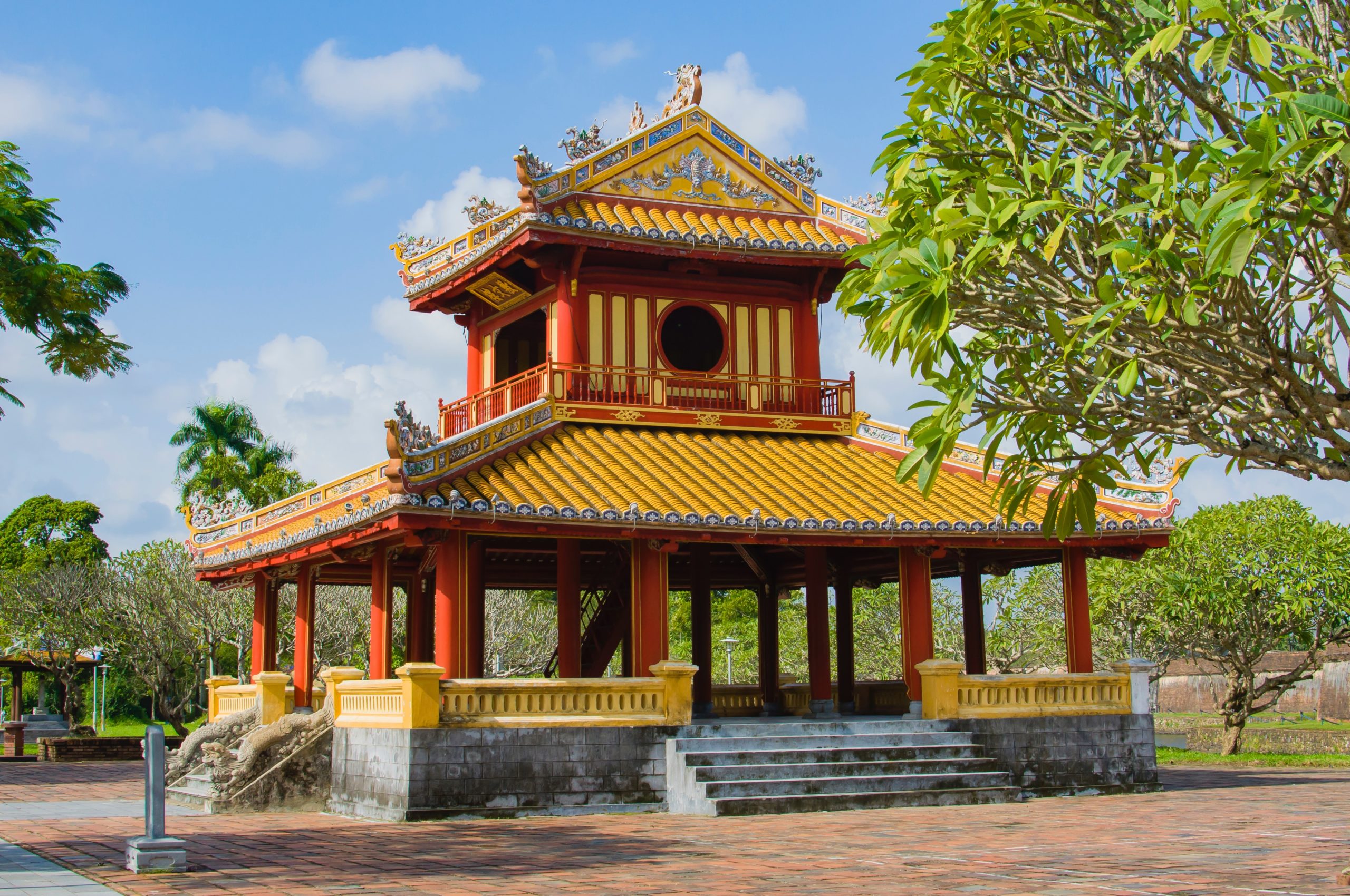 Don’t forget to remove your footwear and dress modestly before entering someone’s house, temple or pagodas.
Don’t forget to remove your footwear and dress modestly before entering someone’s house, temple or pagodas.
5. Face value
This may seem an odd point in Vietnam travel tips and etiquette. But trust us, it is an important one. The Vietnamese consider ‘maintaining face’ to be of value, and getting into loud arguments with locals is a loss of face not only for you, but for them.
Avoid noisy confrontations and steer clear of any violence, as this could drastically impact how you are viewed and treated further on. On the other hand, Vietnamese men often have a few smokes a day, and offering them a cigarette in the middle of negotiations will help resolve the issue in an amicable manner.
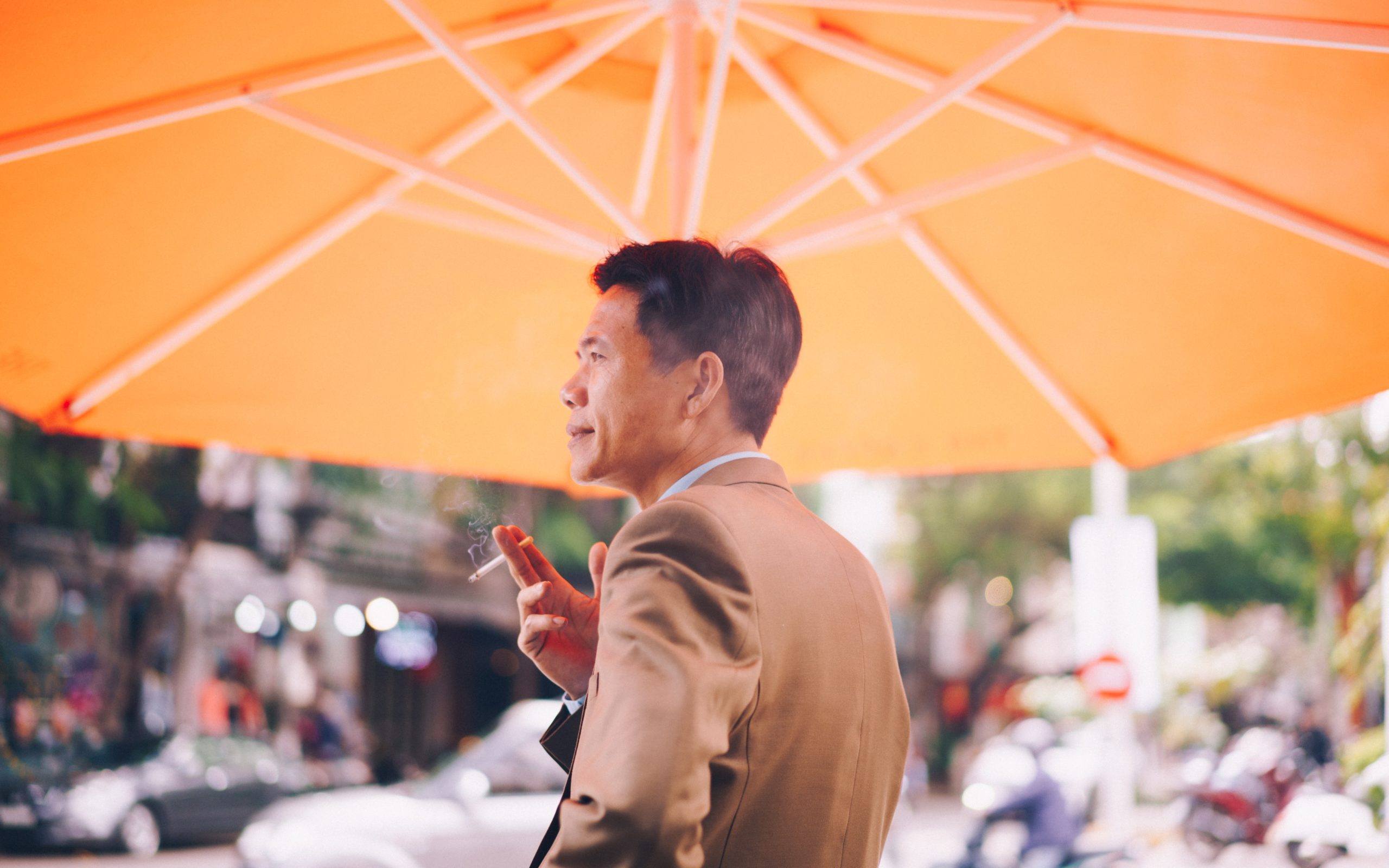 The Vietnamese do not like getting into fights or having arguments. Thus, it’s best to avoid noisy confrontations and make sure you are friendly with the locals.
The Vietnamese do not like getting into fights or having arguments. Thus, it’s best to avoid noisy confrontations and make sure you are friendly with the locals.
Vietnam Travel Tips
Traveling with Asia Someday warrants a hassle-free, enjoyable journey. Nonetheless, our Travel Scouts have figured out the tricks of the trade that when employed, will help your travel in Vietnam be as smooth as possible. These tips, alongside a few bits of advice regarding safety, will give you a holiday with little to no cultural hiccups.
1. Currency Confusion
The Vietnamese Dong (VND), the official currency of Vietnam, comes in denominations of 1000, 2000, 5000, 10,000, 20,000, 50,000, 100,000, 200,000 and 500,000. Pay close attention to the notes you use: denominations of 100,000 (green) and 10,000 (yellow), 50,000 (light red) and 20,000 (red with dark font) as well as 20,000 (bright blue) and 500,000 (darker blue) have similar colours and can be easily confused. The more shrewd folk could easily scam you when they try switching them out.
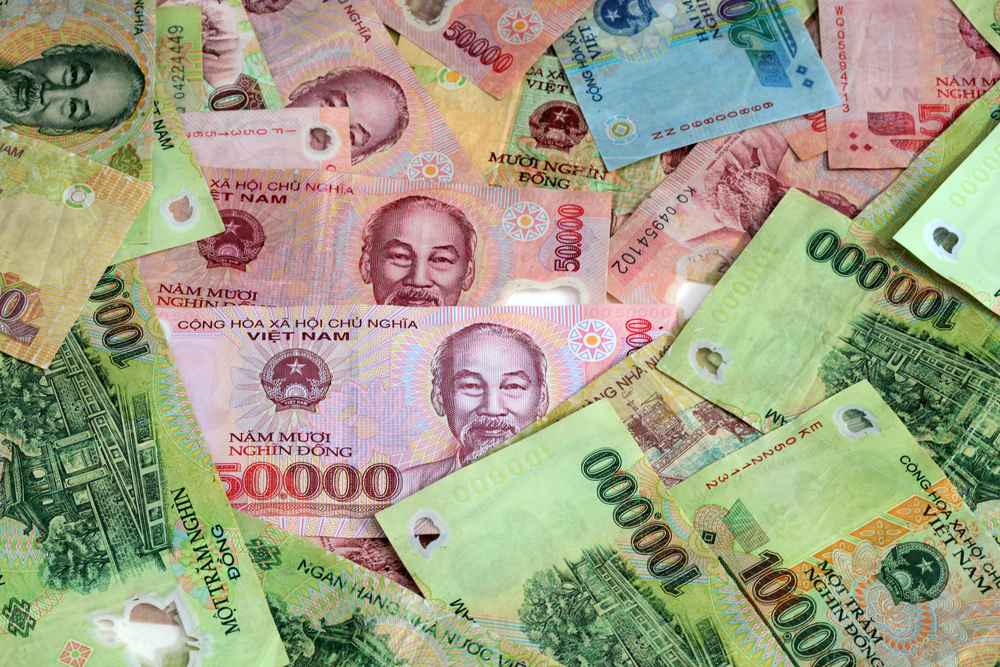 Pay close attention while exchanging money in Vietnam as the notes have similar colours and can easily confuse you.
Pay close attention while exchanging money in Vietnam as the notes have similar colours and can easily confuse you.
2. Photography
Sometimes, locals with traditional attire, or Vietnamese at work may look like ideal photo subjects. Understandably this could tempt you to take a photo. However, be wary as in some areas they will expect payment from you for it.
A common example are fruit vendors with bamboo baskets, who may suddenly cut open fruits after you take a photo and force you into paying ridiculous rates for it. Make sure you ask permission first, or avoid taking photos of locals in tourist hot spots altogether. Vietnam travel tip and etiquette advice- this comes under both.
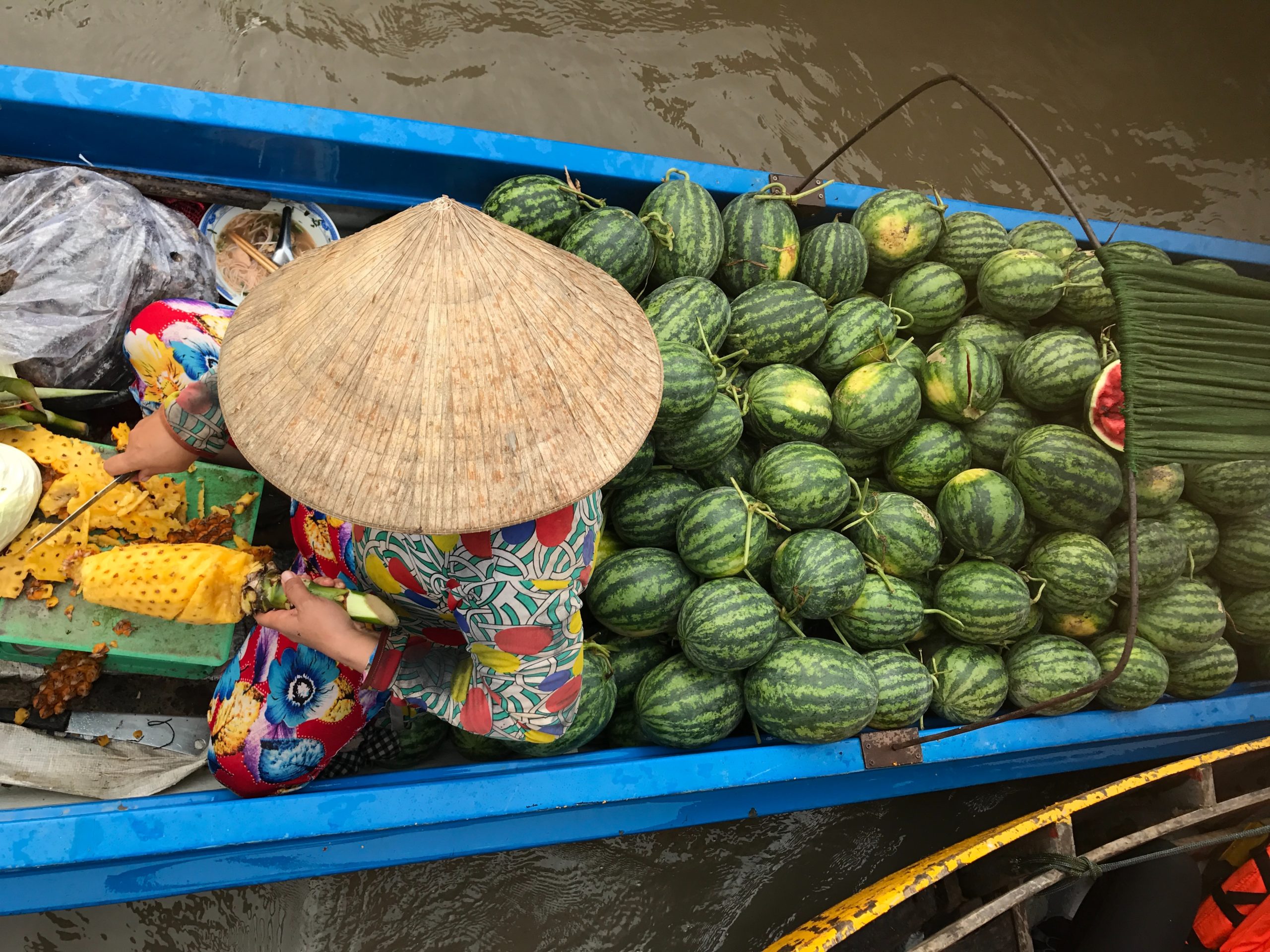 It is better to ask for permission before capturing the locals in Vietnam as some of them might expect a payment from you for it.
It is better to ask for permission before capturing the locals in Vietnam as some of them might expect a payment from you for it.
3. Water
There are many places in Vietnam that let you fill your water bottle with clean filtered water, including cafes and restaurants. This takes away the need to buy single use plastic bottles everywhere, and the water is clean, so there’s no need to worry.
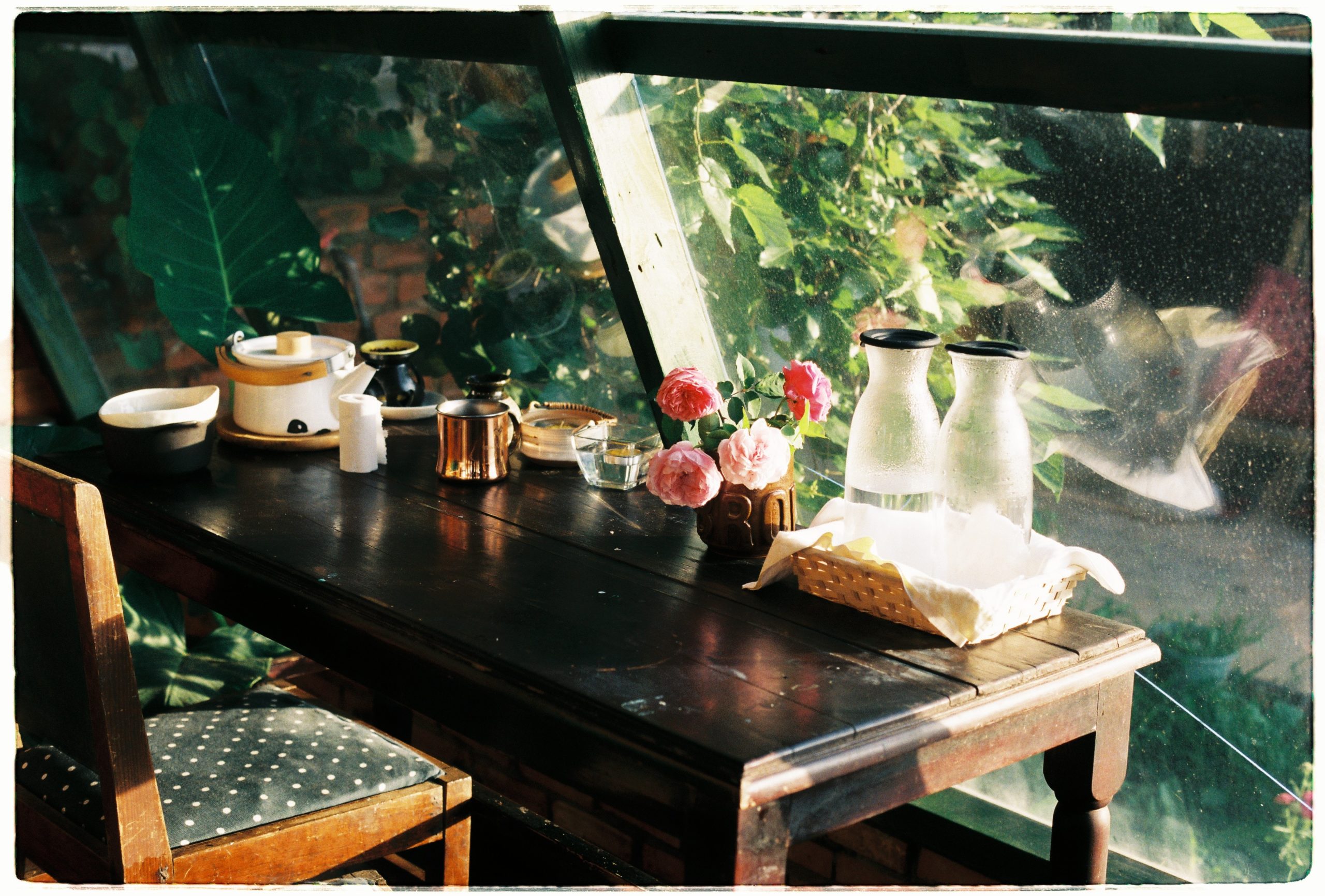 Avoid purchasing the single use plastic water bottles as most of the cafes and restaurants let you fill your bottles with clean filtered water.
Avoid purchasing the single use plastic water bottles as most of the cafes and restaurants let you fill your bottles with clean filtered water.
4. Toilet paper
Almost all restrooms you come across will have a dustbin in the cubicle, in which you must dispose of your toilet paper. Vietnamese drainage is not built to flush out toilet paper, and you risk clogging the drains if you try nonetheless. Additionally, the faucet is a common feature across these parts of Asia. We recommend getting used to it; this saves up on the toilet paper you would otherwise consume.
 Toilet paper is present in almost all the restrooms but make sure you dispose it in a dustbin rather than flushing it out.
Toilet paper is present in almost all the restrooms but make sure you dispose it in a dustbin rather than flushing it out.
5. Haggling for discounts
Haggling in Vietnam is always a possibility, especially as sometimes rates for foreigners are much higher than local rates. Feel free to haggle in markets, but don’t overdo it. The difference in language will be a certain giveaway of the fact that you’re a tourist, and no matter what you do, you won’t get a local’s price. Continuous haggling will lead to awkwardness and discomfort and you won’t enjoy trying your hand at discounts anymore.
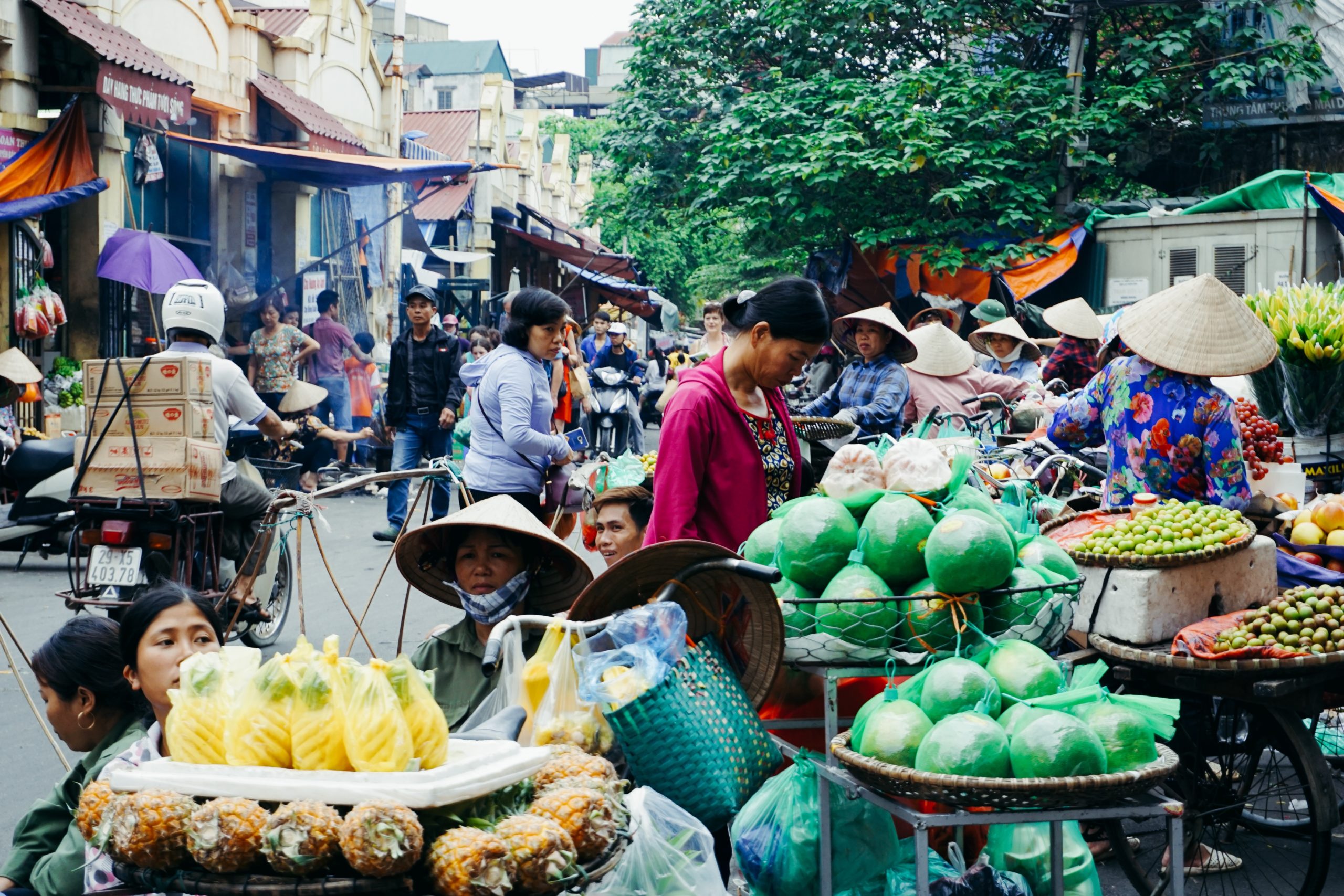 Haggling is a common thing in Vietnam, especially for tourists who are often quoted high prices. But make sure you don’t overdo it.
Haggling is a common thing in Vietnam, especially for tourists who are often quoted high prices. But make sure you don’t overdo it.
The longer you spend in Vietnam, the more used you’ll get to navigating its etiquette and culture. However, reading this article on Vietnam travel tips and etiquette is enough prep. Now that you’ve gotten an idea of Vietnamese society, all that’s left is for you to get that trip started! Click on ‘Plan Your Trip’ and we’ll help you live out your Vietnamese dream.
helping you travel your way
We provide a helping hand to independent travellers who need assistance with planning and booking their trip. The primary goal is to turn your dream holiday into reality.

